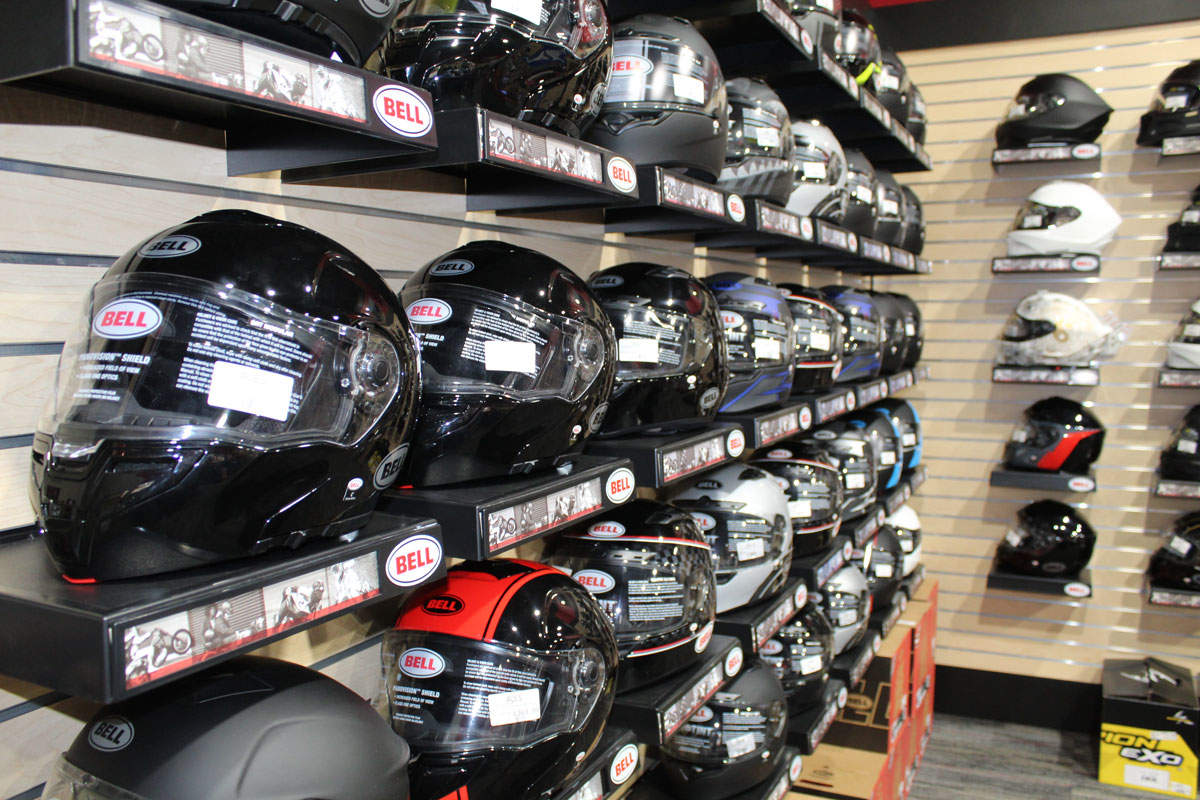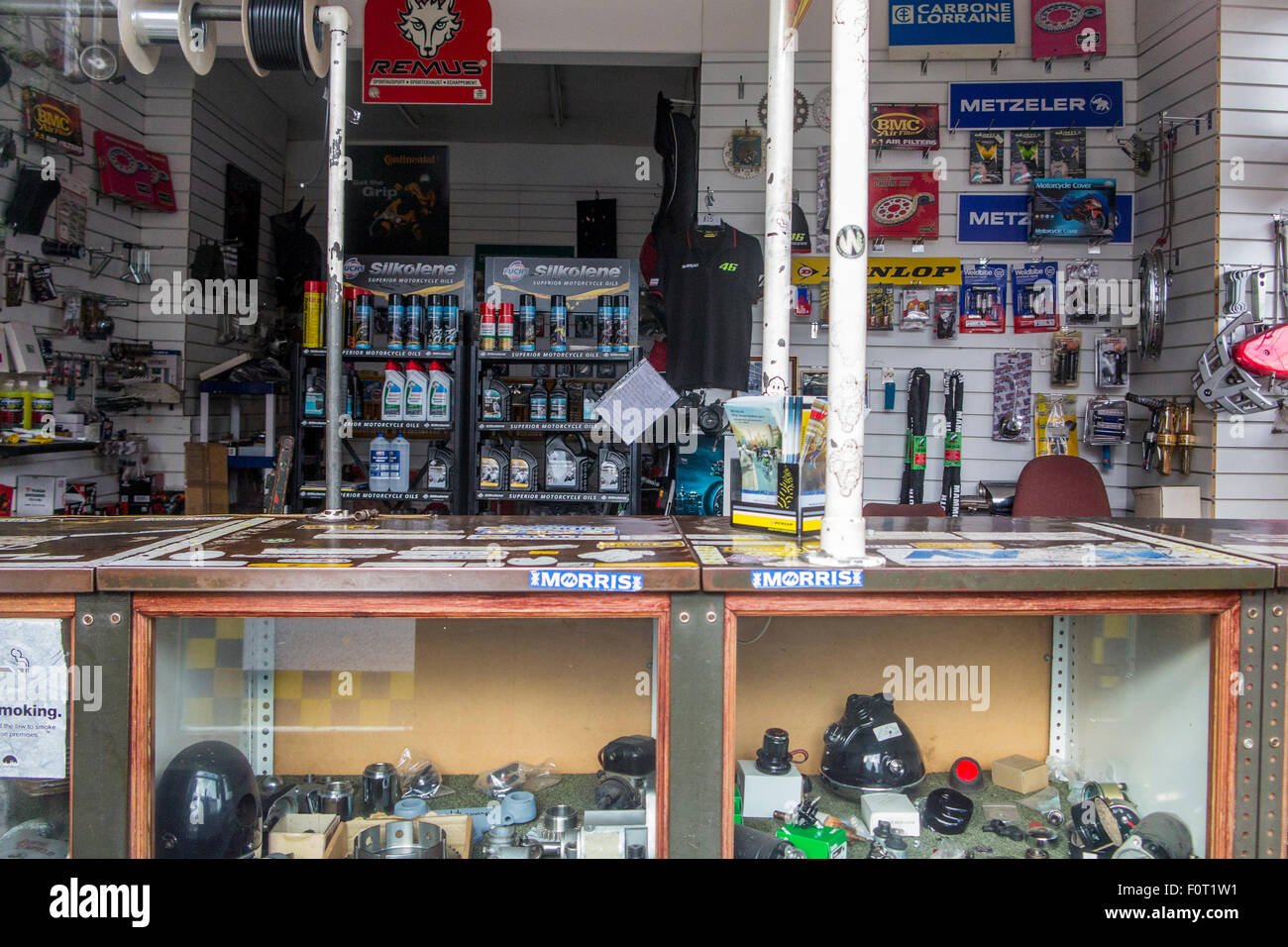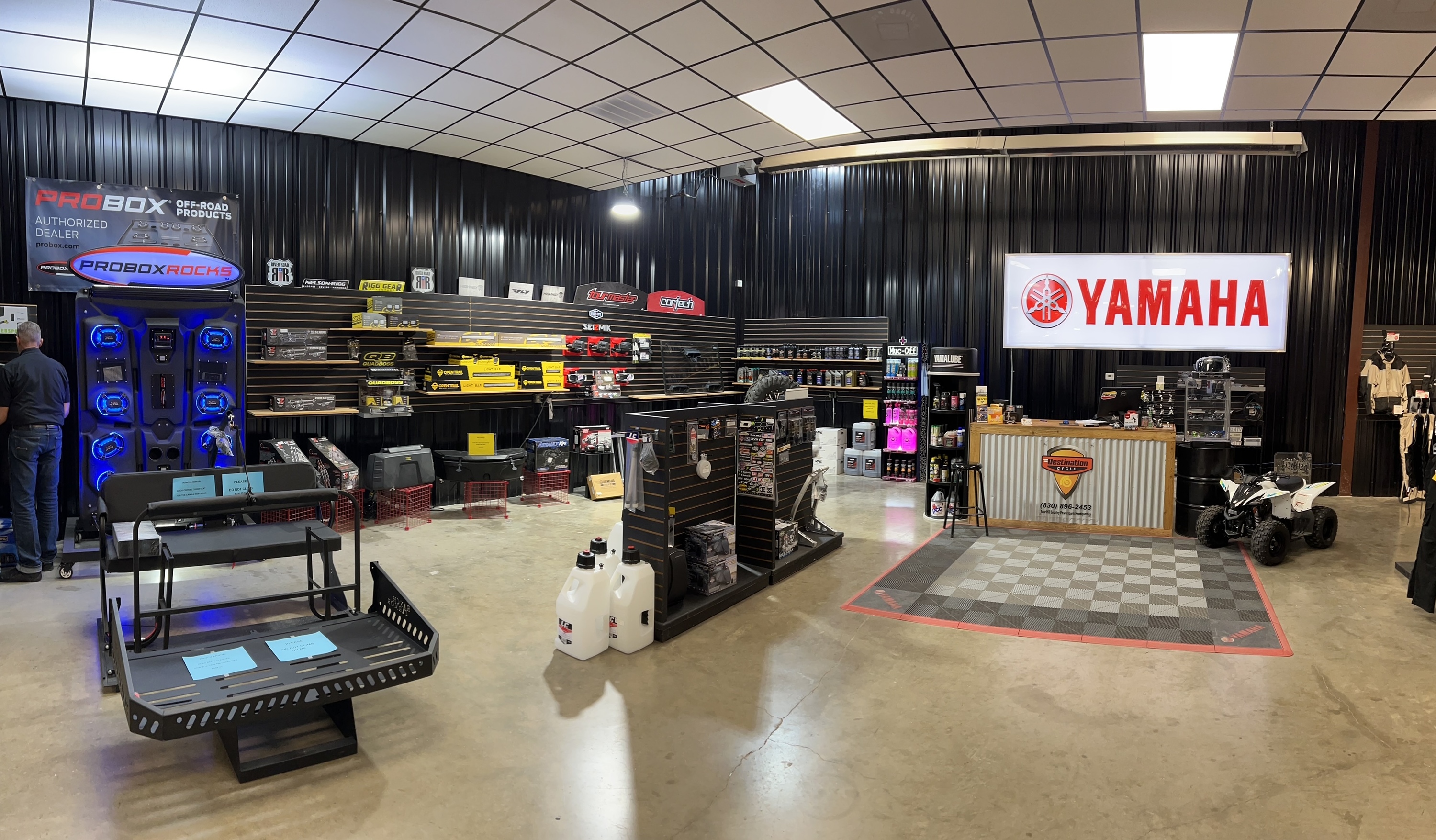Top MX Gear NZ: Gear Up for Your Next Off-Road Adventure
Top MX Gear NZ: Gear Up for Your Next Off-Road Adventure
Blog Article
Mastering Motorbike Gears: Just How to Optimize Your Riding Experience
In the realm of motorcycling, grasping the art of equipment adjustment is important for boosting your riding efficiency. Effectively recognizing and making use of bike equipments can significantly impact velocity, control, and fuel performance, changing a typical experience right into a smooth, exciting journey. By incorporating precise change timing and adjusting gear choice to different roadway conditions, bikers can make sure optimal engine performance and security. The nuances of clutch control, throttle sychronisation, and equipment technicians bid a much deeper exploration, promising to unlock the full potential of your maker. Exactly how can these methods be harnessed to truly optimize your riding experience?
Comprehending Gear Mechanics
At the core of motorbike characteristics, equipment auto mechanics play a crucial role in converting engine power into movement, inevitably dictating speed and control. The equipment proportions, very carefully created, establish the relationship between engine transformations and wheel turns, influencing velocity and gas effectiveness.
Recognizing equipment auto mechanics starts with recognizing the importance of the gearbox, which houses multiple gears of differing dimensions. These equipments interact with a procedure called meshing, where teeth of various gears involve to transfer power. The accuracy of this communication is important; any type of misalignment or damage can cause ineffective power transfer, preventing efficiency. Additionally, the plan and dimension of equipments influence the bike's ability to deal with various lots and rates.
In addition, the idea of equipment moving is indispensable to making the most of efficiency. Smooth and timely shifts guarantee that the engine runs within its ideal power band, avoiding unneeded strain and improving longevity (moto parts nz). By understanding these mechanical intricacies, cyclists can achieve an unified blend of power, control, and performance, raising their riding experience
Timing Your Changes
Shift timing proficiency is necessary for optimizing motorbike efficiency and enhancing the riding experience. Effectively timed shifts make sure that the engine runs within its ideal power band, which is essential for keeping control, attaining smooth acceleration, and guaranteeing the long life of the bike. Riders should develop an instinctive sense of when to change equipments, which involves comprehending the connection between engine transformations per minute (RPM) and speed.
To grasp change timing, pay very close attention to the engine's noise and feel, as these give crucial clues about when to change gears. The optimal change point normally occurs when the engine approaches the upper variety of its power band without getting to the redline. Changing also early can cause an absence of power, while changing as well late might create unnecessary engine stress
Furthermore, road conditions and riding style influence change timing. In metropolitan settings, smoother and much more regular changes may be required to browse website traffic successfully. On the other hand, during highway riding, fewer changes at greater rates can be extra suitable. Practicing in varied environments will certainly enhance your capacity to time shifts precisely, inevitably elevating your riding experience to a specialist level.
Enhancing Gas Performance
While understanding motorcycle equipments is vital for performance, improving gas efficiency is just as important for both economic and ecological reasons. Optimum fuel usage not just decreases functional prices however likewise decreases the environmental impact of riding. To achieve this, one should recognize the intricate relationship between gear choice and engine performance.
Riding in a greater equipment at reduced rates can lead to engine hauling, which is harmful to both gas economic situation and engine health. Conversely, riding in reduced gears at high rates results in unnecessary fuel usage.
Furthermore, regular maintenance plays a pivotal duty in fuel effectiveness. Making certain that the bike is well-tuned, with clean air filters and correctly inflated tires, can lower and improve aerodynamics gas wastefulness. Embracing a riding design that embraces steady acceleration and smooth slowdown can add to better gas economic climate.

Techniques for Smooth Transitions
Attaining smooth gear changes is essential to enhancing the riding experience and making certain the durability of a motorbike's transmission system. Proper equipment changing not only contributes to a smooth experience yet likewise decreases deterioration on the mechanical components. To master the art of smooth changes, bikers must concentrate on a couple of key techniques.

Second of all, clutch control plays a crucial role. Engaging and disengaging the clutch smoothly calls for technique. The clutch lever ought to be click this link launched progressively, enabling a seamless transfer of power from the engine to the wheels without causing a jolt or sudden activity.

Adjusting to Roadway Conditions
Browsing varied roadway problems is an essential skill for any kind of motorcyclist aiming to maintain control and security. Whether you're riding on damp surface areas, crushed rock roadways, or browsing doglegs, your ability to adjust your gear usage and riding technique is paramount. look at these guys Recognizing just how to readjust your gears properly can substantially influence grip and security, guaranteeing a safer trip.
On damp look here roadways, it is a good idea to preserve higher equipments to minimize torque and lessen wheel spin. This method helps keep hold on slippery surface areas, permitting for smoother velocity and deceleration. On the other hand, when riding on crushed rock or uneven surface, reduced gears are preferable. Reduced gears offer better control and permit you to react more promptly to unforeseen changes in the road surface area.
Sharp curves demand precise gear management to stabilize speed and control. Downshifting prior to going into a curve can aid preserve energy while making sure the motorbike remains steady throughout the turn. Consistent technique in diverse conditions boosts your capacity to react and predict to adjustments in road texture and slope.
Conclusion
Mastering motorbike gears considerably enhances the riding experience by improving gas, velocity, and control performance. Adjusting equipment choice to different roadway conditions, such as using higher equipments on damp surface areas and lower gears on gravel, more boosts handling and safety and security.
Understanding equipment technicians starts with acknowledging the relevance of the gearbox, which houses multiple equipments of differing sizes. These gears interact via a procedure understood as meshing, where teeth of different gears involve to send power (moto parts nz). Mild changes to the throttle throughout equipment shifts can prevent jerky activities and preserve a constant riding speed
Whether you're riding on wet surface areas, crushed rock roads, or navigating sharp turns, your ability to adjust your equipment usage and riding method is critical. Adapting equipment choice to various roadway conditions, such as making use of greater gears on damp surfaces and lower equipments on gravel, more improves handling and safety.
Report this page